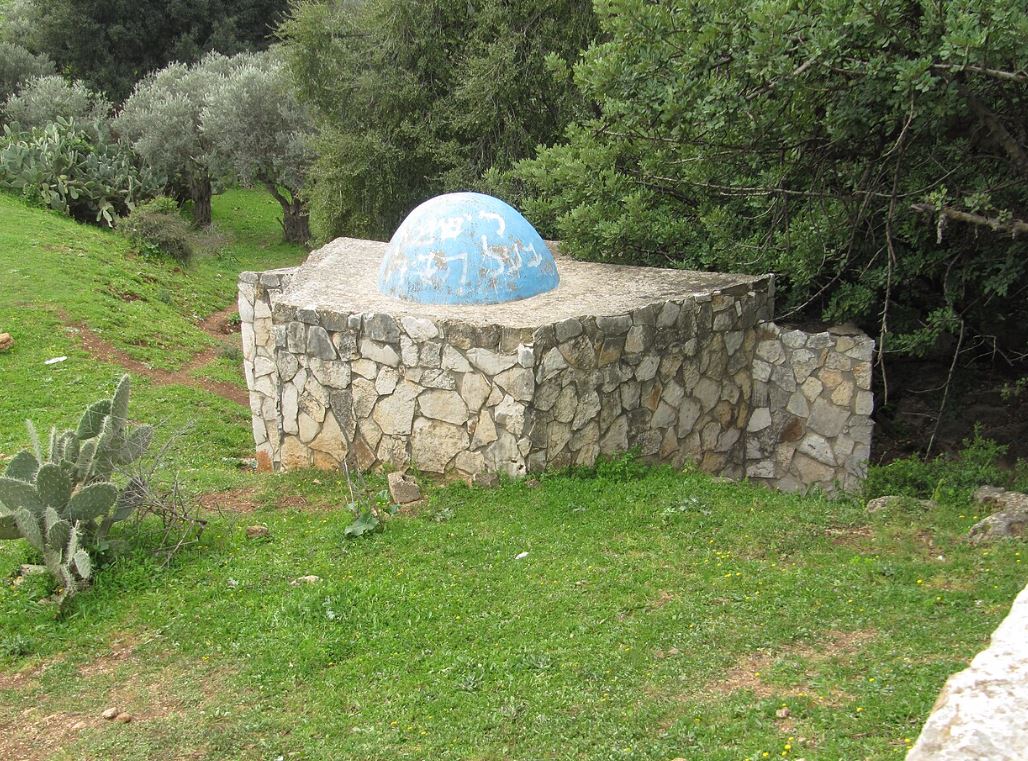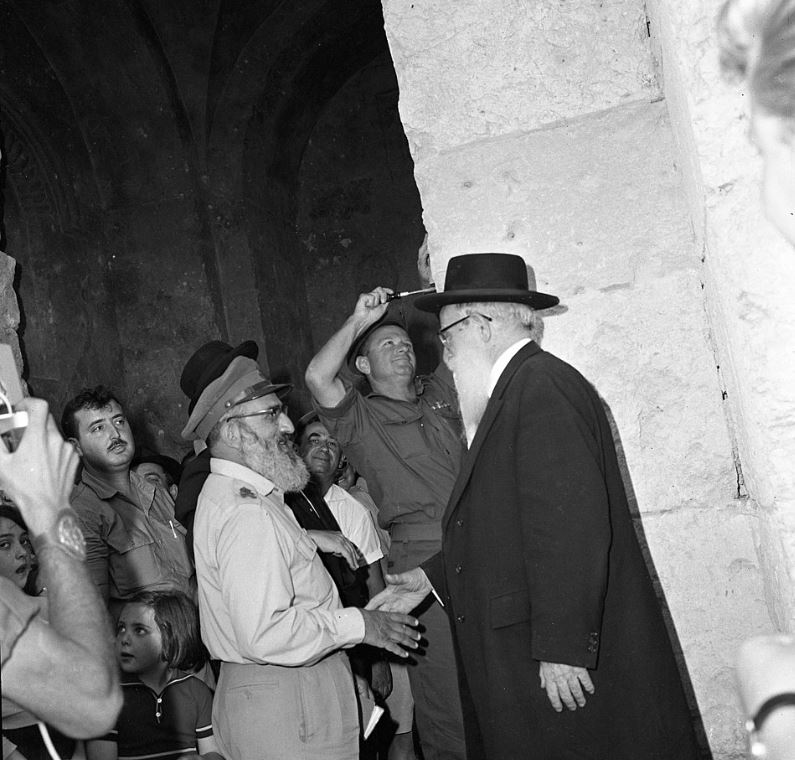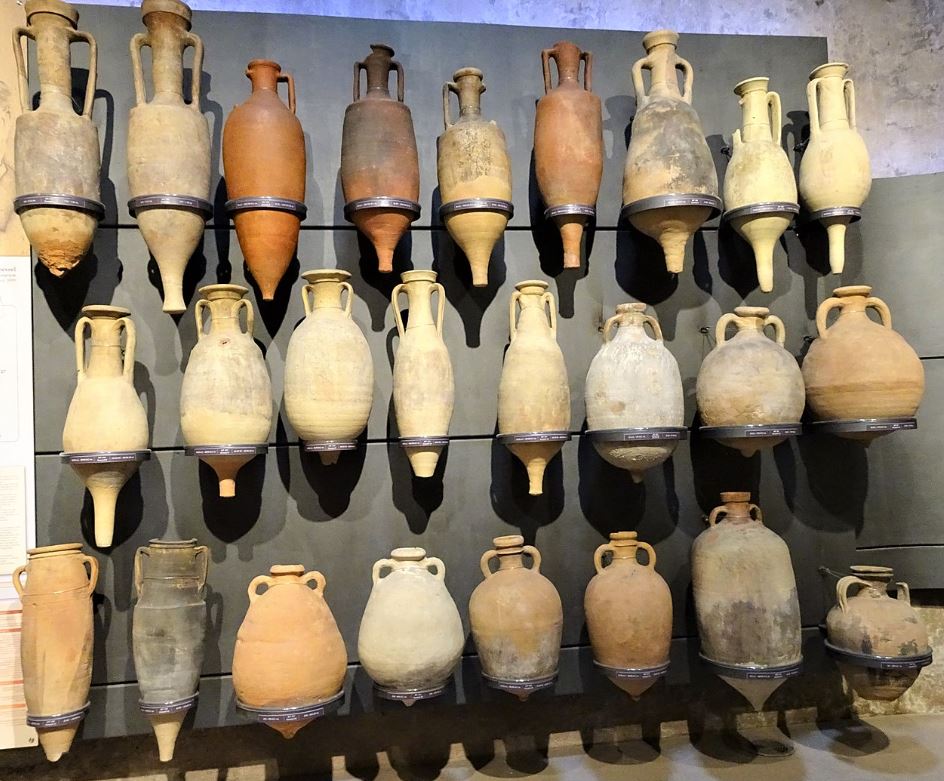Some teachers are so significant that they do not have just one or two devoted students but a whole school of followers. This seems to be the case with Rabbi Yannai. He is often mentioned by himself but we also have numerous occasions where we hear of the school of Rabbi Yannai, דבי רבי ינאיlike here in Avodah Zarah:
“the school of Rabbi Yannai borrowed Sabbatical-Year produce from the poor and repaid them in the eighth year.” (Avodah Zarah 62b)
Who was Rabbi Yannai and what was his school? Rabbi Yannai was part of that fascinating generation of transition, between the last of the Tannaim and the first of the Amoraim (see here and here). He lived in the third century CE, at a time when the stable relationship with Rome enjoyed by Rabbi Judah the Prince began to fall apart and the Roman Empire entered the years of anarchy and chaos.
Rabbi Yannai studied with Rabbi Judah the Prince and with Rabbi Hiyya but he seems to have had his own compendium of laws which sometimes agreed and sometimes disagreed with Rabbi’s Mishnah. Besides the “school” of Rabbi Yannai, he also had an outstanding student in Rabbi Yochanan, one of the two great amoraim of the next generation.
Like most of his contemporaries, Rabbi Yannai lived in the Galilee. However, his home was not in the lower parts of the Galilee like Zippori and Tiberias, but high up in the mountains, in an area called Akhbara. Akhbara, today an Israeli Arab town, is south of Tzfat. Here is where he planted his vineyards and cultivated them with his students:
“Rabbi Ḥiyya, Rabbi Assi, and Rabbi Ammi ascended to Akhbara and heard from the House of Rabbi Yannai that practice follows Rabbi Jehudah.” (Yerushalmi Eruvin 8:4)
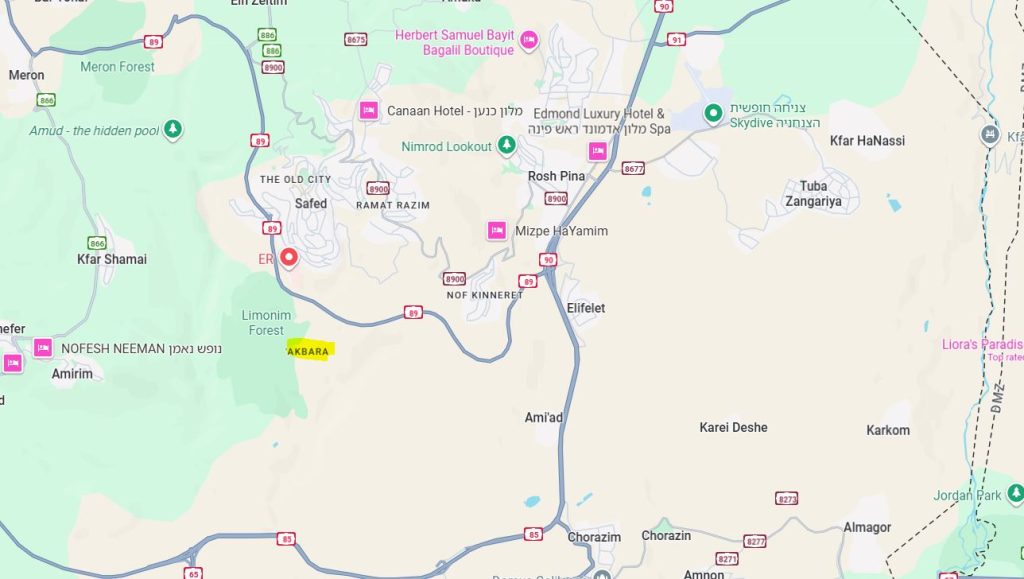
Owning four hundred vineyards (Bava Batra 14a) and being able to support his school, which seems to have engaged in communal agricultural work (according to Rabbi Benjamin Lau) shows us Rabbi Yannai’s wealth.
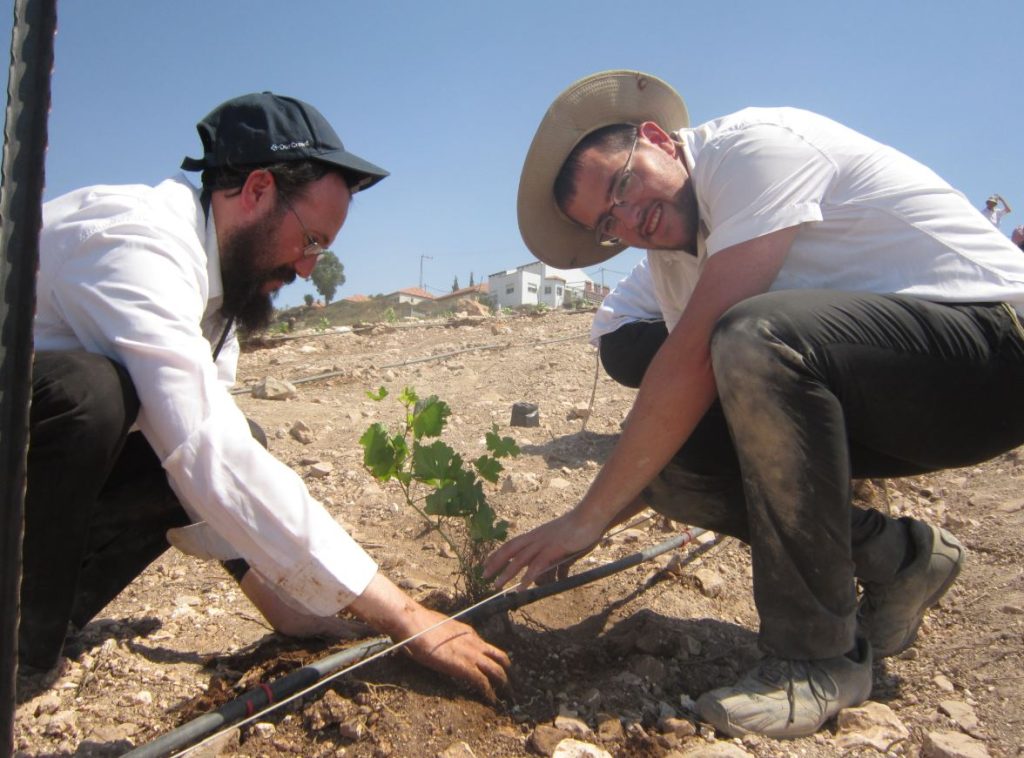
אריה יונה, CC BY-SA 4.0 <https://creativecommons.org/licenses/by-sa/4.0>, via Wikimedia Commons
A different measure of wealth can be seen in how his daughters expected to be treated when it came to kiddushin:
“with regard to Rabbi Yannai’s daughters, for example, who are particular about themselves, and they will not agree to be betrothed with less than three kav of dinars” (Kiddushin 14a)
The daughters had a strong sense of self-worth. Perhaps this stemmed not only from wealth but from growing up in a household where their father shared his Torah with them:
“Rabbi Simeon ben Rabbi Yannai said: I did not hear from my father; my sister told me in his name.” (Yerushalmi Betzah 5:1)
Rabbi Yannai functioned as a community leader and he did not stay only within the confines of his community in Akhbara. When Roman taxes became too heavy to bear, he issued a radical decision that was meant to ease the burden on Jewish farmers:
“As Rabbi Yannai proclaimed: Go out and sow the fields during the Sabbatical Year due to the arnona [tax]” (Sanhedrin 26a)
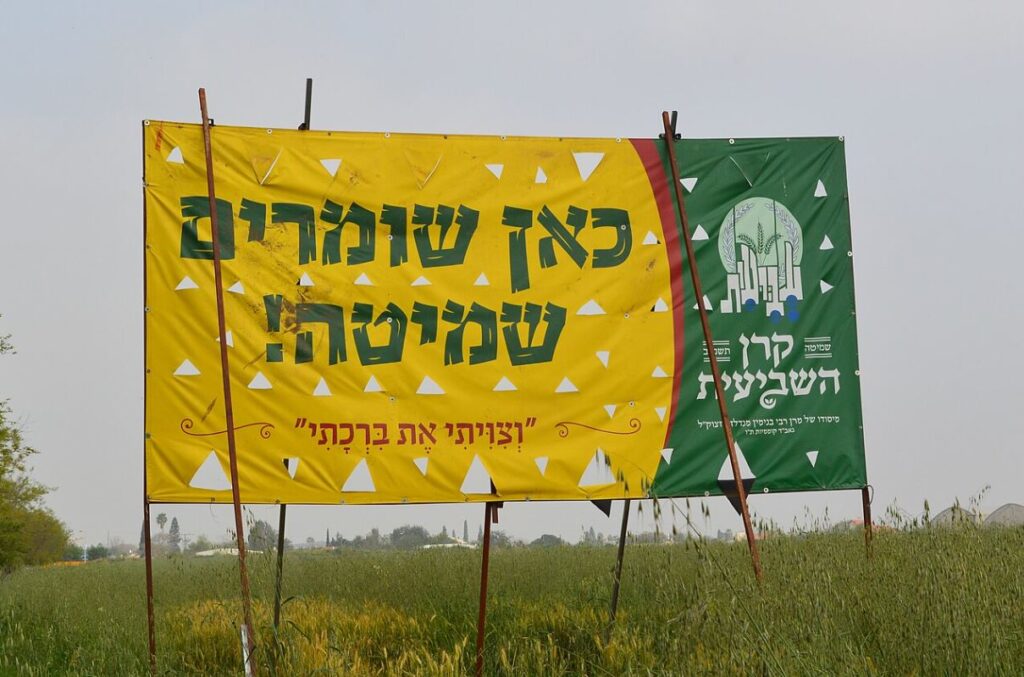
Eliran t, CC BY-SA 4.0 <https://creativecommons.org/licenses/by-sa/4.0>, via Wikimedia Commons
Perhaps his own experience as a landowner allowed him to relate to other, poorer farmers who could not live under this crushing tax weight, or perhaps he just understood the needs of his time. We know from other stories that he was careful not to exempt himself from the law, and made sure to judge his own actions as harshly as he judged others, as we see in this story where he ordered someone to cut down a tree that was on public property. Before issuing his ruling, he made sure to deal with his own protruding tree:
“[Why didn’t he] say to him: Go cut down your tree, and then I will cut mine?: Because of the statement of Reish Lakish, who said: The verse states: “Gather yourselves together and gather [hitkosheshu vakoshu]” (Zephaniah 2:1: Adorn [keshot] yourself and afterward adorn others,” (Bava Batra 60b)
Rabbi Lau brings two stories from the midrash about Rabbi Yannai. They show how at first he did not understand the greatness of simple people and then he learned to appreciate them. In the first story, he accords honor to a wealthy man but when he discovers that the man is an ignoramus, he calls him a dog, The man, understandably insulted, shows Rabbi Yannai how he is worthy of honor, even if he was not fortunate enough to have learned Torah:
“[The guest] stood and grabbed [Rabbi Yannai] and said to him: ‘My inheritance is with you and you are preventing me from it.’ He said: ‘In what sense is your inheritance with me?’ He said to him: ‘One time, I was passing before a school and I heard the voices of the children saying: “Moses commanded us Torah, the inheritance of the congregation of Jacob” (Deuteronomy 33:4). “The inheritance of the congregation of Yannai” is not written here, but rather “the congregation of Jacob.”’ He said to him: ‘Why did you merit to eat at my table?’ He said to him: ‘In all my days, I never heard a bad word and related it to its subject, and I never saw two [people] quarreling with one another and did not make peace between them.’ He said: ‘You have so much civility to your credit, and I called you a dog?’” (Vayikra Rabba 9:3)
The second story shows Rabbi Yannai much more disposed to learn from everyone. Here he is taught the meaning of a verse, and therefore also how to behave, by a simple peddler:
“There was an incident involving a certain peddler who would circulate in the towns adjacent to Tzippori and would proclaim and say: ‘Who seeks to purchase the elixir of life?’ [People] would crowd around him. Rabbi Yannai was sitting and interpreting verses in his study. He heard [the peddler] proclaiming: ‘Who seeks the elixir of life?’ He said to him: ‘Come in here and sell it to me.’ He said to him: ‘You and those like you do not require it.’ [Rabbi Yannai] pressed him and he came to him. [The peddler] took out the book of Psalms and showed him the verse: “Who is the man who desires life?” What is written after it? “Guard your tongue from evil…Turn away from evil and perform good” (Psalms 34:14–15). . . ‘All my life I have been reading this verse, but I did not know how obvious it is until this peddler came and informed [me]: ‘Who is the man who desires life.’ ”’ (Vayikra Rabba 16:2)
Rabbi Yannai’s grave is located in Akhbara, where he lived. His humility and wisdom are evident in the final instructions he gave his children, about his burial clothes:
“Didn’t Rabbi Yannai say to his sons: My sons, do not bury me in white garments nor in black garments. Not in white, lest I not be acquitted in judgment, and I will be like a groom among mourners. And not in black, lest I be acquitted in judgment, and I will be like a mourner among grooms.” (Shabbat 114a)
Despite his material and spiritual qualities, Rabbi Yannai was unsure of his place in the next world. His humility and leadership are important legacies of his school.




